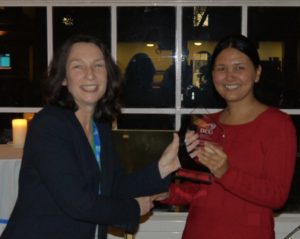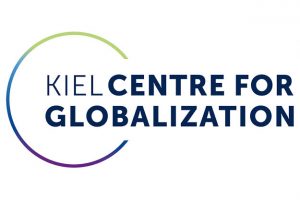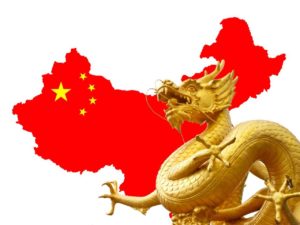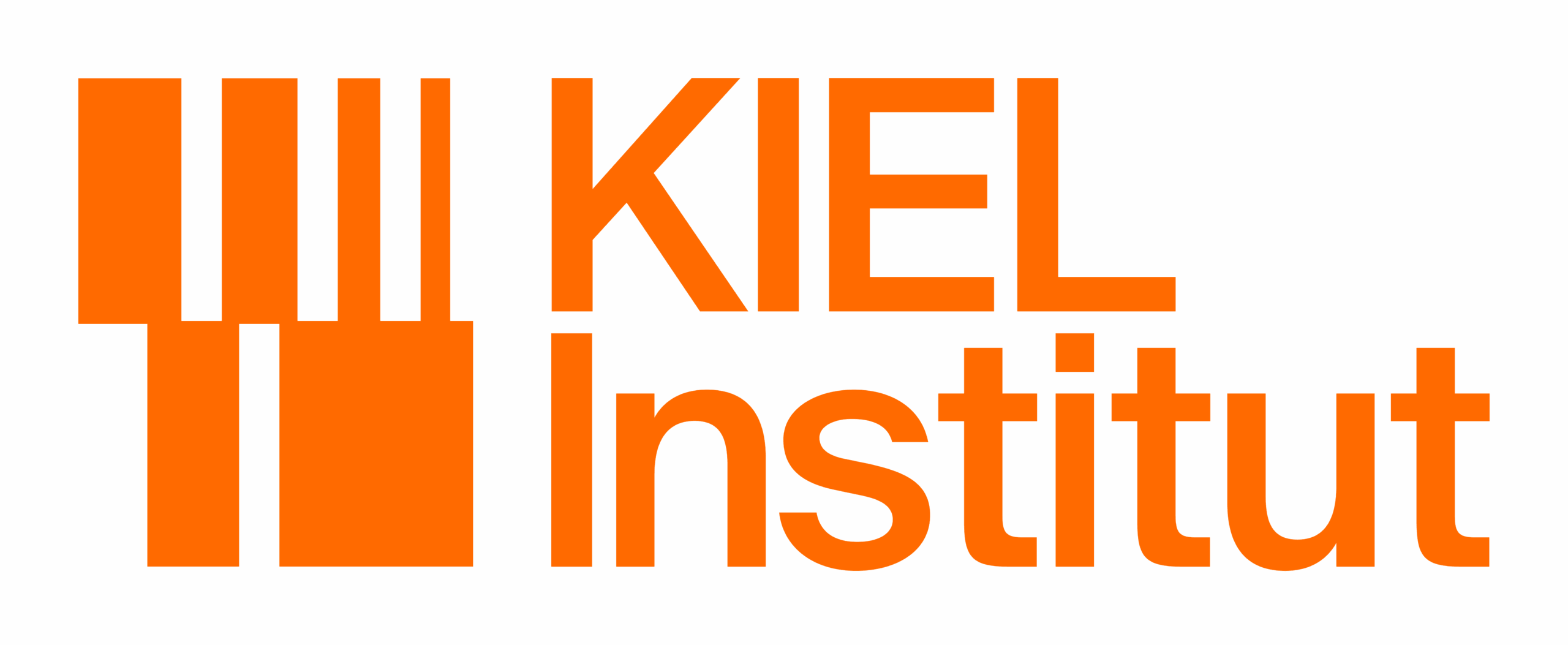Best Paper Award to KCG Research on Global Standards and Philosophy of Consumption
26th November 2019
News
News






 KCG Projects
KCG Projects


